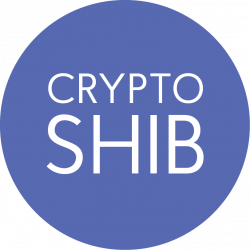Blockchain Technology is a “New Frontier” in Digital Finance—United Nations

The United Nations, in a recent report, refers to cryptocurrency as a “new frontier” in digital finance. According to the UN’s end of the year’s report on the global economy, the
World Economic and Social Survey 2018
The report which the UN titled the “World Economic and Social Survey 2018”, talks about the many advantages of DLT and cryptocurrency.
Excerpt from the report reads that:
“Cryptocurrencies represent a new frontier in digital finance and their popularity is growing. The decentralized networks for cryptocurrencies, Bitcoin being a well-known example, can keep track of digital transactions. They enable value to be exchanged and can give rise to new business models which would otherwise require significant regulatory and institutional commitments.”
The United Nations and Blockchain Technology
The United Nations has demonstrated its affinity for blockchain technology through many of its partnership with several blockchain focused organizations. The United Nations Office for Project Services (UNOPS) handles the majority of UN’s collaborative efforts with the blockchain platform globally. Early last year, the UNOPS announce a partnership with IOTA. The purpose the partnerships is to “explore how IOTA’s innovative technology – which provides an open-source distributed ledger for data management – can increase the efficiency of UNOPS operations.”
The UN is also exploring the use of ripple as a cross-border payment solutions to find many of its projects in developing nations.
According to a recent announcement, UNICEF is now accepting donations in DAI cryptocurrency.
The announcement reads:
“Donations made in Dai to UNICEF France will go to creating bounties and funding research for open source tech and infrastructure projects, to help the world’s most vulnerable people. No amount is too small.”
